“Submit to one another out of reverence for Christ.” ~Ephesians 5:21
The context in Ephesians 5 is in the corporate worship assembly.
“Be filled with the Spirit. Speak to one another with psalms, hymns and spiritual songs. Sing and music in your heart to the Lord, always giving thanks to God the Father for everything, in the name of our Lord Jesus Christ. Submit to one another out of reverence for Christ.”
Submit to one another. Belong to one another. And, in this corporate worship context, Paul says be filled with the Spirit.
When we come together, it’s the Spirit who not only unites us with one another, he unites us to God. We worship in the Spirit. We submit to one another and speak and sing to one another in the Spirit. The Holy Spirit of God is who gives the Christian life its energy and enthusiasm and endurance and power!
Be filled with the Spirit.
This is an imperative. It’s a command. So we do take some of the responsibility here. This singing together and submitting to one another is either the means by which we pursue this filling of the Spirit or it’s the result of being filled with the Spirit. Or both. Either way, Paul says when we sing together, when we pray together, when we submit to one another, when we really belong to one another, we are filled with the Spirit.
And that tells me that God is not a spectator when we come together to worship. Audience of one? No! God is not an audience of worship. Our God is an active participant with us — inside us — when we worship him together. God is not just sitting on his heavenly throne and soaking up all the hallelujahs and amens. No. Through the Spirit, the Father and Son are engaged with us. Communing with us. Rejoicing with us. Transforming us. Changing us. Growing us. Shaping us more into the image of Christ.
Be filled with the Spirit.
Encountering God together — in the worship assemblies on Sunday mornings, in our Bible classes on Wednesday nights, in our living rooms on Sunday evenings — being in the presence of God together allows us to recognize our own sinfulness and shortcomings. And that always leads to an acute recognition of his marvelous grace. And the power of God’s grace is not just forgiveness. It’s also transformation. New creature. New creation. Christ formed in you. Being saved. It’s a communal sanctification event. We participate in it and we experience it together. We are filled with the Spirit. Together.
Peace,
Allan



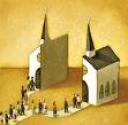

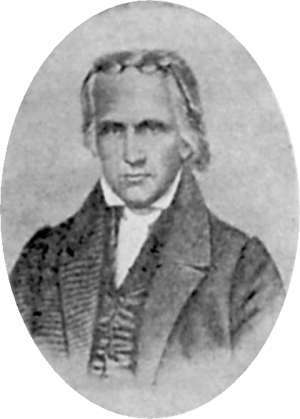
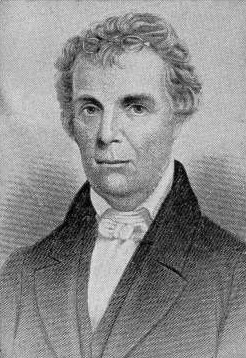
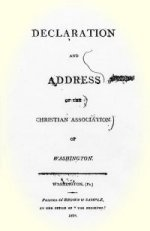


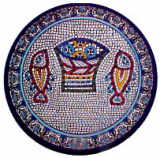

Recent Comments